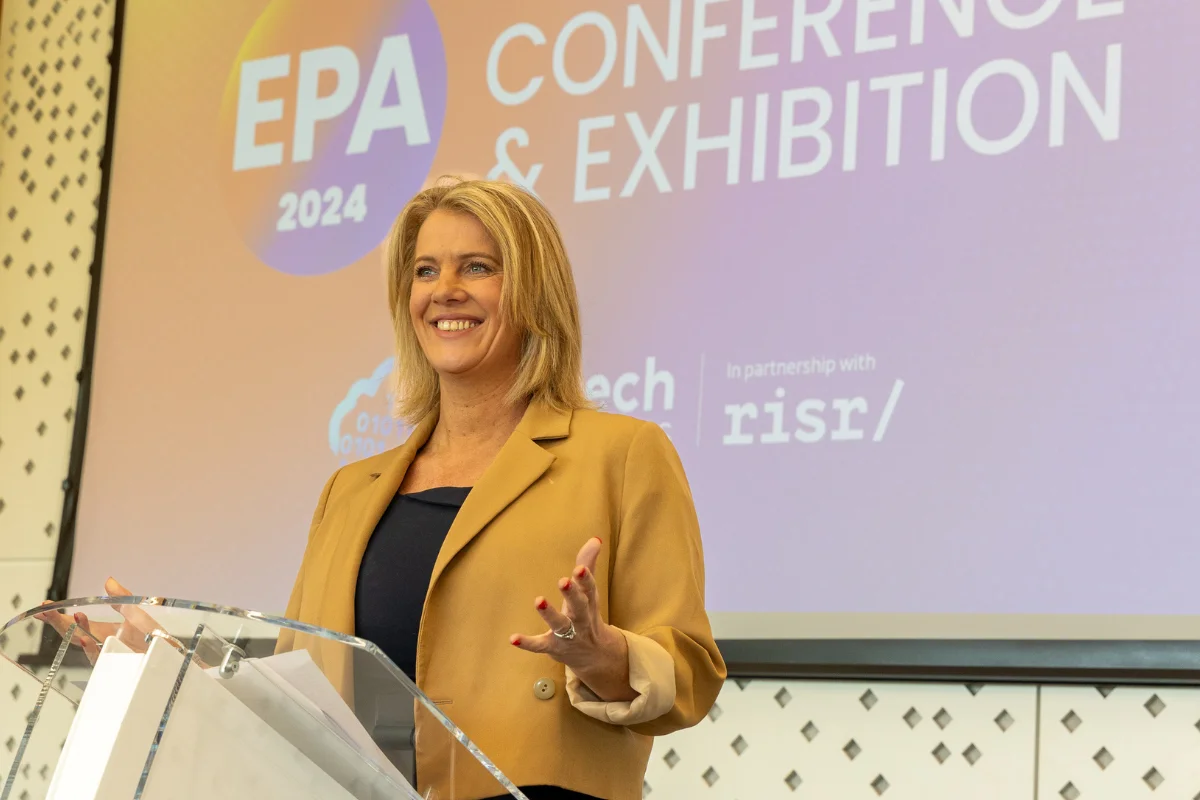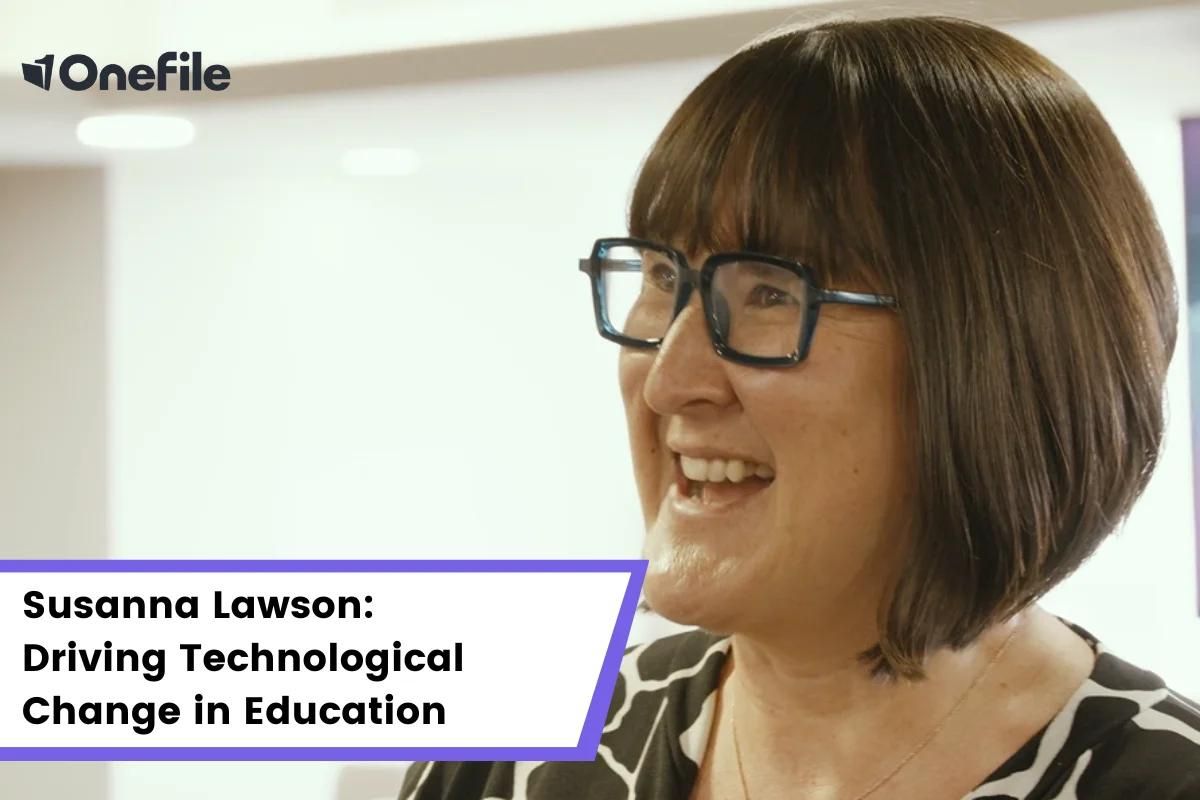Benefits of teaching for maths mastery to adult learners

The potential benefits of mastery approaches to teaching maths to adult learners have been demonstrated in learning shared by an Education and Training Foundation (ETF) project that has been working with tutors to trial it.
Benefits to learners highlighted by the trial include:
- High levels of engagement and increased motivation
- Sense that learning had occurred both formally and informally
- Students learning from one another as they engaged in different activities
- Tendency for lessons to be more creative.
Positive impacts for teachers were also reported by participants, who cited an increased understanding of mastery approaches and confidence in using them, the opportunity to reflect on and develop their practice, and a sense of reinvigoration having seen the successes teaching with the approach can bring. All participating teachers plan to continue using mastery approaches.
The Teaching for Mastery project was designed to investigate how the approaches can help to address the challenge the Further Education sector faces in helping its learners to achieve a pass grade in a Level 2 maths qualification.
It engaged tutors and learners working at different levels in both general further education colleges and offender learner settings.
The four partner organisations were:
- Sheffield Hallam University (working with Chesterfield College, The Sheffield College, HMP Wetherby and HMP New Hall),
- Grimsby Institute of Higher and Further Education,
- New City College, and
- the Leeds project consortium (St Mary’s Menston), where it is ongoing.
Imke Djouadj, the ETF’s Head of Programmes: maths and English, said:
“The use of mastery approaches in teaching has the potential to re-engage learners with maths, offering a different experience and helping to address possible misconceptions they might hold about the subject. It is vital that teachers have the opportunity to engage with mastery approaches and how to apply them in their settings. When they do, there can be benefits for teachers and students alike, as the results of this project demonstrate.”
You can learn more about participants’ experiences in blogs by Sarah Boodt (Senior Lecturer at Sheffield Hallam University Institute of Education), and Emma Bell (Maths Enhancement Manager at Grimsby Institute), and in videos:
Teaching for Maths Mastery project at Grimsby Institute with Emma Bell
Teaching for Maths Mastery project at New City College, with Rachel McLeod (Director of Curriculum Innovation at New City College)
Teaching for Maths Mastery project at Chesterfield College with Sally Drury (GCSE Maths Coordinator at Chesterfield College)
The mastery model has already been trialled in primary and secondary schools, following success in Shanghai and other international settings. The approach rejects the idea that some people ‘just can’t do maths’, encouraging learners to believe that they can succeed.
Learners are taught through whole-class interactive teaching, where the focus is on all learners working together on the same lesson content at the same time. This is intended to ensure that all students master concepts before moving to the next part of the curriculum sequence, leaving no individual behind.











Responses